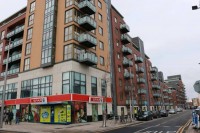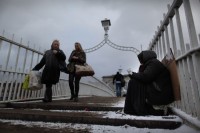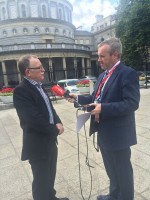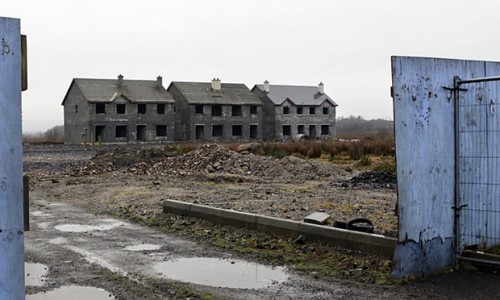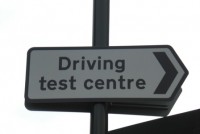
Sinn Féin Dublin City Councillor, Cathleen Carney Boud, has made representations on behalf of the residents of Willow Park and Pinewood Estates, Dublin 11, regarding excessive use of the estates by Driving Schools and Test Centres. The Councillor has called on the Office of Public Works to consider the use of a compound site to alleviate pressure on estates.
Cllr Carney Boud said:
Residents of Pinewood Estate & Willow Park Estate (Dublin 11) in particular have raised concerns that the use of their estates as part of the driving test routes has been ongoing for the last 20 years and the numbers of learner drivers practising and being tested there have increased to the point where it is now a constant nuisance to the residents, particularly the elderly.
The estates are being used for motorbike, car and tow-truck learners. Residents’ cars have been damaged, vehicles are mounting paths and there have been occasions when learner drivers have been verbally abusive to frustrated residents.
The information provided by the RSA states that 68 registers ADIs are using these routes with an average of 12 driving tests taking place per day. I have suggested that a compound site be allocated by the office of public works which would certainly help to alleviate the problem and I call on the OPW to prioritise this request as a matter of urgency in the interest of safety.
